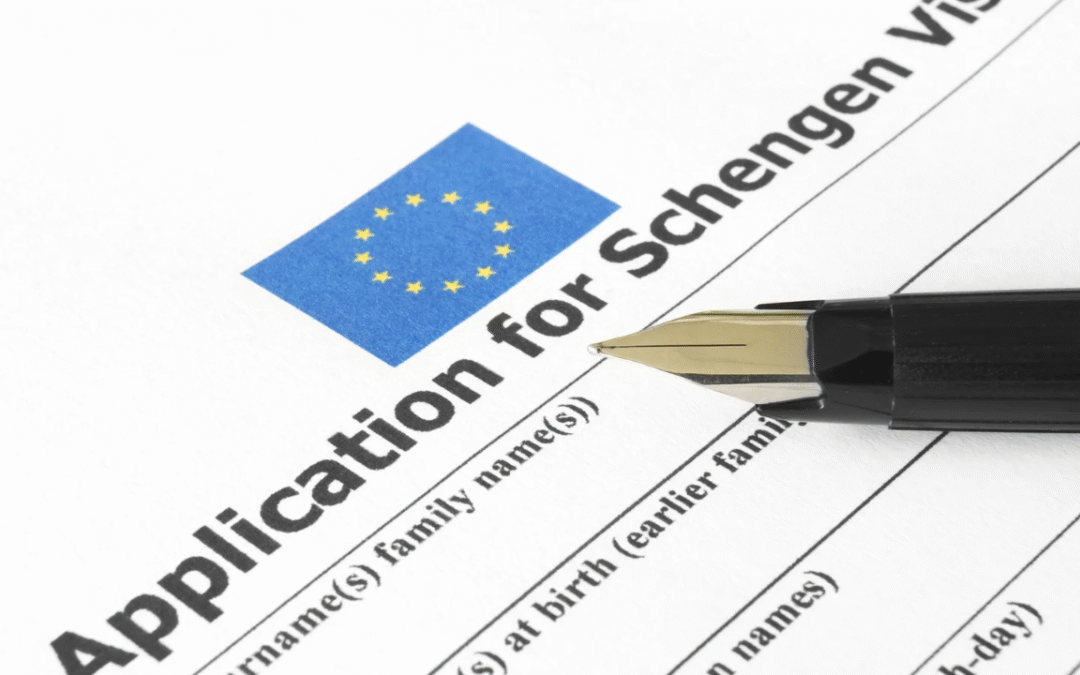If you’re a Nigerian planning a trip to Europe, chances are you’ve come across the term Schengen visa. But did you know there isn’t just one type? Depending on your travel plans, reason for visiting, and duration of stay, the type of Schengen visa you apply for could make or break your trip.
Let’s break it down, so you don’t get caught applying for the wrong one.
What is a Schengen Visa?
The Schengen visa is a short-stay visa that allows you to travel to any of the 27 countries in the Schengen Area for up to 90 days within a 180-day period. It’s perfect for tourism, business, family visits, or even short courses.
However, it’s not a one-size-fits-all visa. Knowing the right type to apply for is key.
Main Types of Schengen Visas
1. Type A – Airport Transit Visa
This visa is for travelers passing through the international transit area of a Schengen airport, en route to a non-Schengen country. You’re not allowed to leave the airport.
Nigerians often need this when transiting through European airports to North America or Asia.
2. Type C – Short-Stay Visa
This is the most common Schengen visa. It allows you to enter and stay in the Schengen area for up to 90 days within a 6-month period.
There are three categories of the Type C visa:
- Single-entry visa: You can enter the Schengen area only once. Once you leave, the visa becomes invalid.
- Double-entry visa: You can enter twice within the visa validity period.
- Multiple-entry visa: You can travel in and out of the Schengen area multiple times, but your total stay must not exceed 90 days within any 180-day period.
Tourists, business travelers, family visits, conferences, or short-term training.
3. Type D – National Long-Stay Visa
Planning to stay longer than 90 days? You’ll need a national visa issued by the specific Schengen country you’re heading to.
This is usually for:
- Students pursuing degree programs
- Employees with job offers in Europe
- Researchers, or
- Family reunification
While Type D is not a Schengen visa per se, holders can travel within the Schengen Area for up to 90 days every 180 days, as long as their national visa remains valid.
Picking the Right Visa for Your Purpose
Your choice depends on:
- Duration of stay
- Purpose of visit
- Number of entries required
- Country of main stay or first entry
For example, if you’re visiting multiple Schengen countries but spending most of your time in France, you should apply through the French embassy—even if you first land in Germany.
Special Cases: Other Schengen Visa Variants
- Medical visa – For those seeking treatment in a Schengen country.
- Study visa (short-term) – For programs or training that last under 90 days.
- Business visa – When attending meetings, events, or negotiating contracts.
- Cultural/Sports visa – For artists, athletes, or cultural event participants.
Application Tips from Loyalty Travels and Logistics Ltd
Start early—Schengen visa appointments can be competitive.
Prepare all documents: invitation letter, proof of funds, travel itinerary, insurance, hotel bookings, etc.
Know your category—Don’t apply for a tourist visa if you’re attending a training. It might lead to rejection.
Be honest during your visa interview—embassies do background checks.
Let experts guide you!
Let Loyalty Travels Help You Travel Smart
At Loyalty Travels and Logistics Ltd, we don’t just assist with visa applications—we walk with you from planning to touchdown. Whether you’re applying for a short-term tourist visa or a long-stay student permit, we help you identify the right category, gather the correct documents, and avoid common mistakes that lead to denials.
Ready to explore Europe stress-free? Contact us today for a smooth Schengen visa process!
#Japa #VisaApplication #Europe #SchengenVisa #SchengenVisaNigeria #VisaAssistance #LoyaltyTravels #TravelSmart #NigeriansAbroad #StudyInEurope #VisitEurope #VisaCategoriesExplained #SchengenMadeEasy

